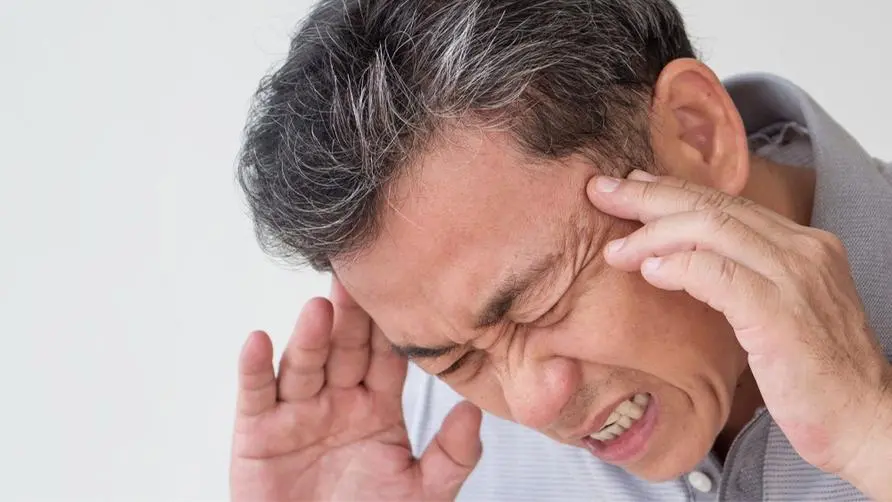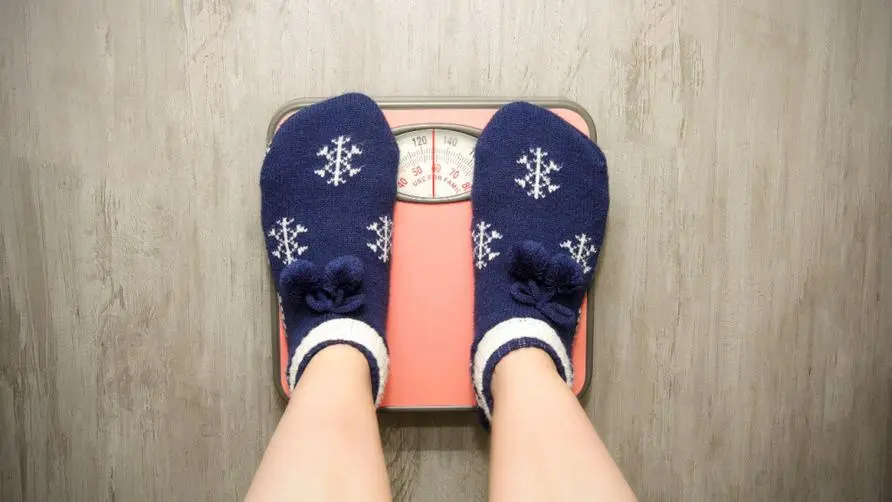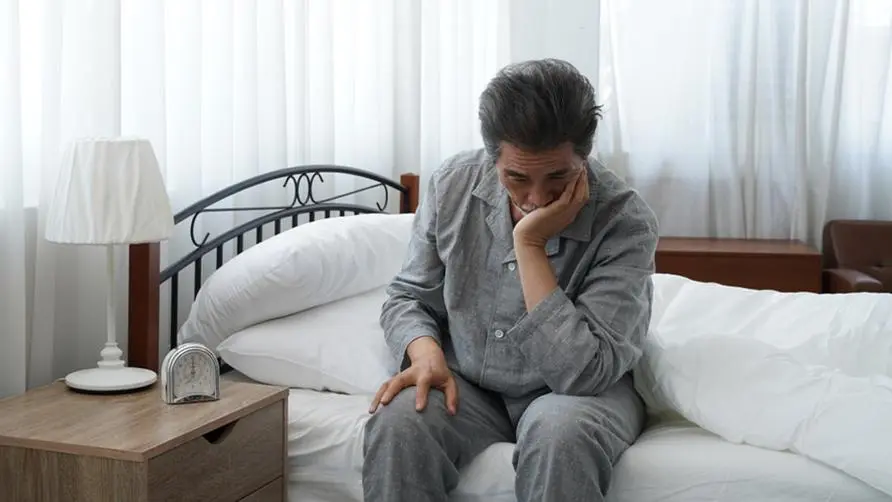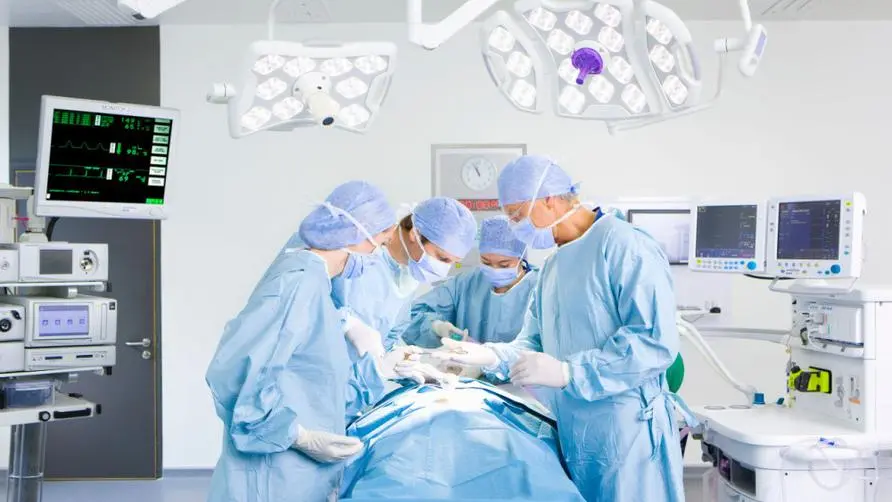Beware of stroke when the cold snap hits! "Sleep apnea" has become a hidden risk of stroke. Dr. Chang Geng calls for early detection and treatment to avoid health storms!

The Taiwan Health Promotion Administration stated that a sudden drop in temperature will cause the smooth muscles in blood vessels to contract and increase blood pressure, which may increase the chance of cardiovascular diseases such as acute stroke and heart disease. However, sleep apnea is a risk factor for cardiovascular disease, and the incidence rates of ischemic stroke, hemorrhagic stroke, myocardial infarction, etc. are increasing with this disease.
Stroke rejuvenation! People who snore, are obese, or don’t get enough sleep should be more vigilant
According to Dr. Cai Ming-shao, director of the Department of Otolaryngology at Chiayi Chang Gung Memorial Hospital, there are approximately 30,000 new stroke patients in Taiwan every year, and the proportion of patients under the age of 45 has doubled from 3% to 5% to 10%, showing an obvious younger trend. trend. And many people don’t know that if the person next to them snores, it may cause apnea, and the chance of stroke will be three times higher than that of the average person.
Dr. Cai said that there was a case of a 45-year-old young adult who suffered a severe stroke without warning due to long-term neglect of the symptoms of night snoring and without knowing or treating sleep apnea. He not only lost the ability to move and speak. , and also brings great pressure to the family. The public is particularly reminded that if there are three major signs of sleep apnea: snoring, obesity, and not getting enough sleep, they should be more vigilant and seek medical treatment as soon as possible and conduct sleep testing.
Stopped breathing deprives the body of oxygen, leading to organ inflammation and increased risk of stroke.
Dr. Cai explained that patients with sleep apnea may wake up more than a hundred times a night due to hypoxia due to the collapse of their upper respiratory tract muscles after falling asleep, and are unable to enter deep sleep, thus hindering the body’s normal metabolism and rest. Such conditions allow the body to accumulate waste, causing inflammation and damage to organs and blood vessels. Inflammatory substances are usually proteins, which make the blood sticky and increase the chances of heart disease, stroke, high blood pressure, obesity and other diseases, forming a vicious cycle.
Dr. Cai, who treats more than 700 newly diagnosed sleep apnea patients every year, said that those with mild symptoms can regain their health through weight loss, exercise, and improving lifestyle habits, while those with more severe symptoms may need to use a positive pressure respirator or undergo surgery. . Proper treatment can not only improve the problem of snoring at night, but also make you more energetic during the day. Good sleep quality also helps improve heart function and blood circulation, thereby reducing the risk of stroke.
Reduce the risk of stroke by detecting abnormalities early through sleep monitoring
Hong Xiaojing, a senior sleep technician at ColinSleepMedia, shared an actual case. Once, an abnormal central nervous system index uploaded to the cloud by a respirator user was detected. The patient was reminded to seek medical advice early, undergo examinations, and take preventive medication, successfully avoiding a serious illness. Risk of stroke. She reminded the public that lack of sleep and sleep disorders have many impacts on health and mood. Good sleep quality is an important condition for maintaining good health.
Further reading: Sleep apnea, stroke in younger and middle-aged adults may be caused by snoring
Risk of myocardial infarction in cold weather rises: sleep apnea may be the key





